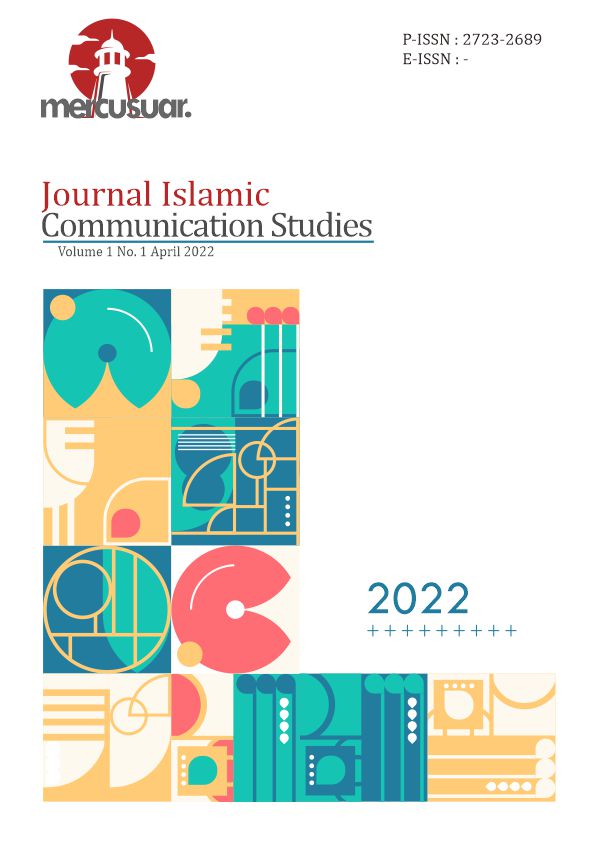Persuasive Communication in Building Food Self-Sufficiency in Sanggar District, Bima Regency
Abstract
This research aims to examine the food independence in Sanggar Sub-district, to assess the persuasive communication strategies of the Sanggar Sub-district government in building food independence, and to identify the barriers to persuasive communication in building food independence in Sanggar Sub-district, Bima Regency. This study is a qualitative descriptive research. Data collection techniques include observation, interviews, and documentation. The data sources are primary and secondary data. Data processing and analysis are carried out through three stages, namely data reduction, data display, and verification. The results of this study show that food independence in Sanggar Sub-district, Bima Regency, includes the ability of the Sanggar community to take the initiative in fulfilling their food needs, overcome problems independently, be diligent in doing something, creative and courageous in seeking and expressing ideas, and be able to interact well with others. The persuasive strategies of the Sanggar Sub-district government in building food independence are: a. persuasive communication strategies, namely psychodynamic strategy, sociocultural persuasion strategy, the meaning construction strategy, don't ask if, ask which, say it with flower. The barriers faced are: inadequate preparation, differences in social status, different interests, negative prejudices, lack of facilities, difficulty in meeting with farmer groups, lack of togetherness among farmers, and a lack of awareness among farmers.


